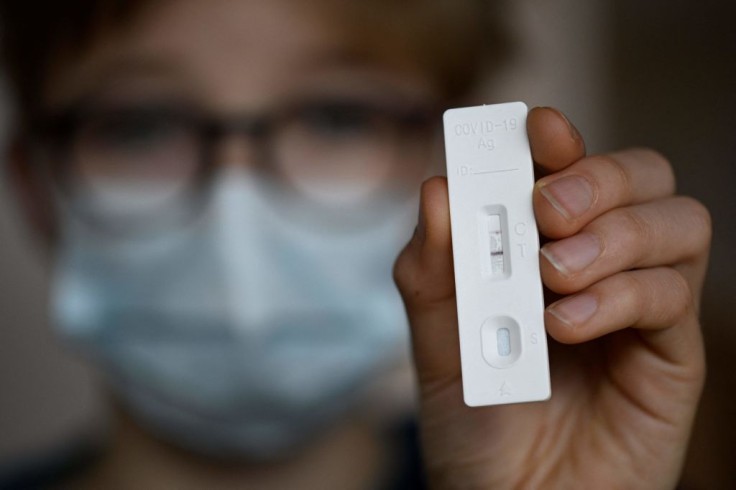
Almost three years of COVID-19 is not yet enough to have a concrete medical assessment of the long-term impact of this disease. However, a new study has shown that those who recovered may develop an increased risk for epilepsy in children or psychotic disorders and dementia in adults.
The study, published in The Lancet Journal, looked into data from 1.25 million COVID-19 patients in the U.S. From this data, 185,748 belonged to children.
The expert learned that six months post-recovery, COVID-19 patients in children were not likely to have mood disorders, unlike adults. However, there was a marked increase in insomnia, ischemic stroke, and epilepsy in young patients.
Most concerning was the risk of epilepsy, as the episodes of seizures were still common among young patients during the follow-up period after two years. The scientists also noted that the risk profiles and neurological outcomes remained the same regardless of the COVID-19 variant, even with Delta and Omicron.
Read Also: Microbial Growth in HVAC System Triggers Asthma, Forces Middle School to Return To Remote Learning
The link between COVID-19 and epilepsy
Experts have studied the links between COVID-19 and epilepsy since the early cases of the virus, long before the release of the vaccines. In 2020, cases published in the JAMA journal showed that at least 36.4 percent of patients in Wuhan, China, have had neurological manifestations.
Factors that may lead to seizures include lack of sleep, fever, and the virus attacking the nervous system. Another study conducted in 2021 showed that the virus also causes inflammation in the brain membranes; thus, some COVID-19 patients dealt with encephalitis and meningitis, with epilepsy as the most common symptom.
Further studies informed the experts that about 5.5 percent of kids with COVID-19, who have had no epilepsy episode before, experienced seizures as their primary symptom, especially in severe cases where they require hospitalization. Children between the ages of 5 to 17 years old were also more prone to seizures than toddlers with COVID-19.
While the findings might be concerning for the parents whose kids have recovered from the virus, they should reach out to their pediatricians for more input and guidance. They also need to closely watch their kids and be proactive about their health.
Staying safe and healthy in a new world, post-COVID
Meanwhile, Dr. Aaron Carroll of Indiana University said it's a different situation today after COVID-19, vaccination, and boosters. Keeping safe and healthy is still extremely important, but the U.S. Centers for Disease Control and Prevention has relaxed some health and safety guidelines.
Carroll said contact tracing and other stricter measures apply only to high-risk settings like nursing homes or residential facilities. There's no need to tell close contacts of the exposure, but if someone in the family tests positive, they must remain isolated for at least five days.
On the sixth day of exposure, if the person has had no fever and symptoms for the previous 24 hours, they can return to their normal activities. Kids exposed to COVID-19 but have no symptoms can return to school. To continue protecting those around them, they must wear a face mask until the 10th day after exposure.